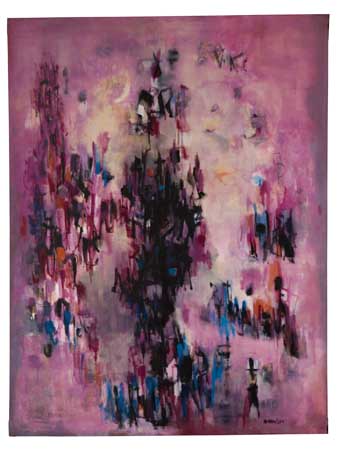Sale 2156 - Lot 33
Price Realized: $ 312,000
?Final Price Realized includes Buyer’s Premium added to Hammer Price
Estimate: $ 150,000 - $ 200,000


Aliquam vulputate ornare congue. Vestibulum maximus, libero in placerat faucibus, risus nisl molestie massa, ut maximus metus lectus vel lorem.